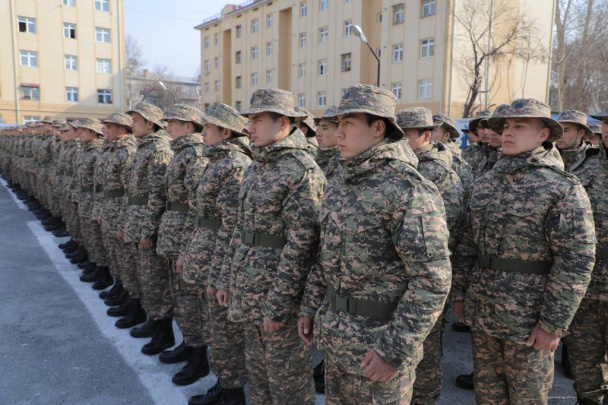As participants took their seats at an international conference in Tashkent this month, an official scurrying back and forth making last-minute arrangements suddenly collapsed, Reuters writes.
While fellow government workers carried the unconscious man away, colleagues remarked that the official had probably come under too much stress in the run-up to the event.
The incident — and the workers’ response to it — reflects a widespread perception that public servants in Uzbekistan are particularly prone to fatigue-related incidents, after three years of working 15-hour days with no weekends.
As a result, foreign executives and officials - who are flocking to the Central Asian nation as it is opening up its economy - face an unusual extra task during meetings with local bureaucrats - making sure their counterpart is awake.
“He fell asleep twice during an afternoon meeting,” a Western financier said after meeting a mid-level Uzbek official.
Government workers in the former Soviet republic of 33 million have a long-running tradition not leaving the office until their boss does so.
Perhaps sensing the growing fatigue in the system, Mirziyoyev last month explicitly ordered officials to leave their offices at 5 p.m. on Saturdays and spend Sundays with their families.
“But in reality nothing has changed,” said the same Uzbek official.
“I still go to work 8 a.m. and come back at midnight, often at around 1 or 2 a.m. Sometimes I don’t see my children for several days in a row, they are already asleep when I come home and leave for school earlier in the morning.”






